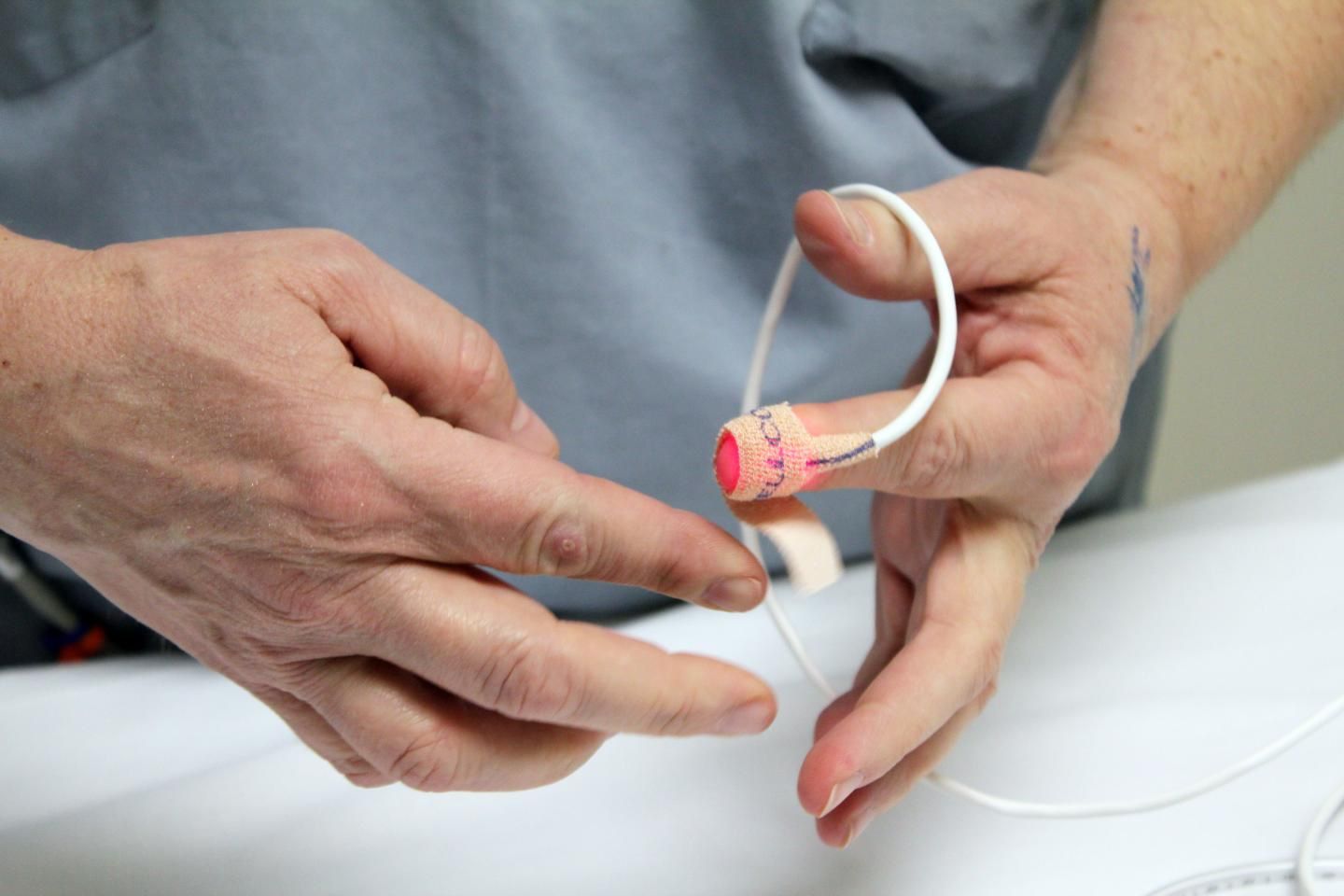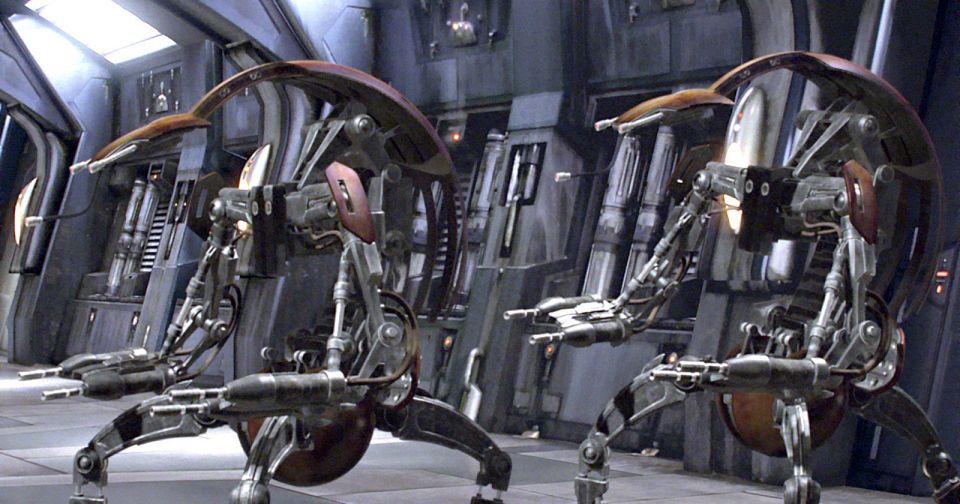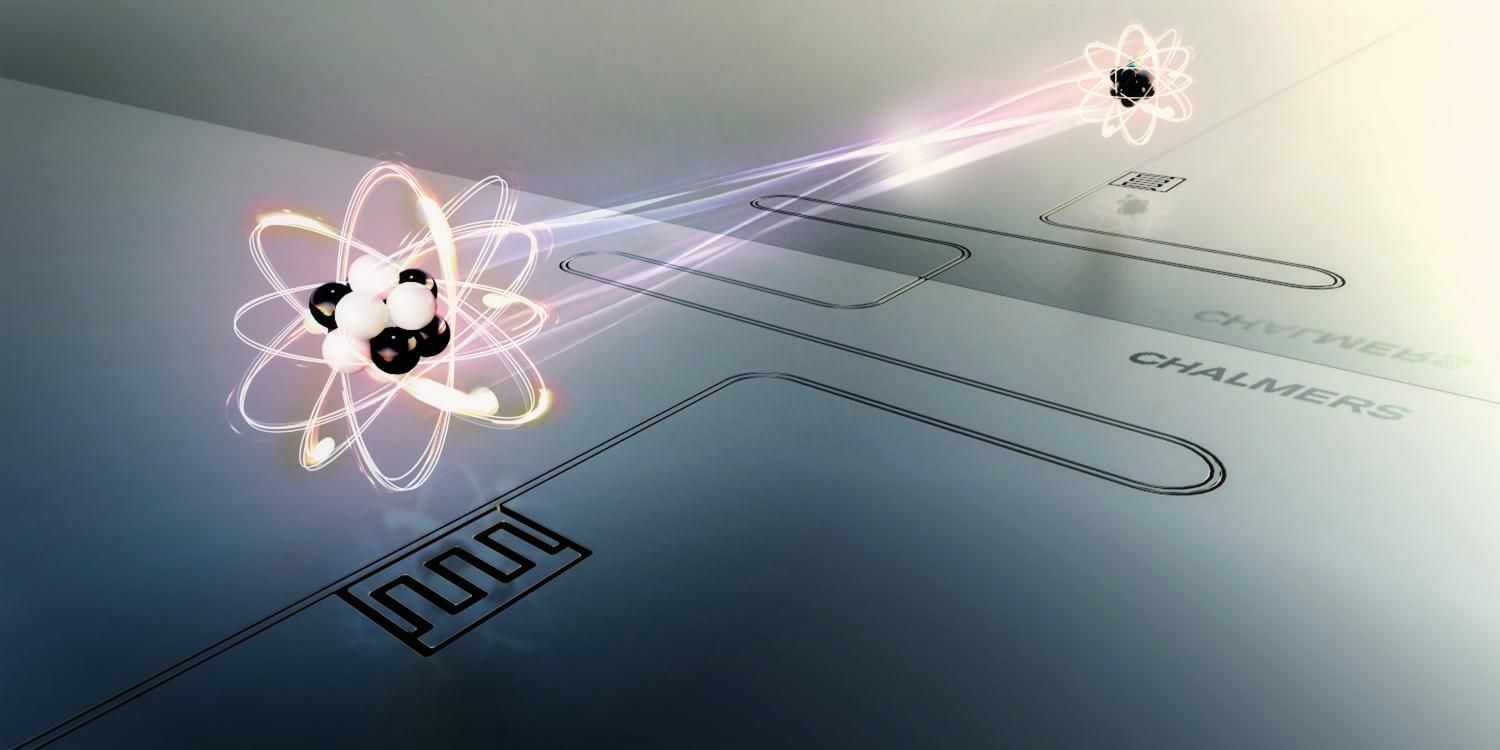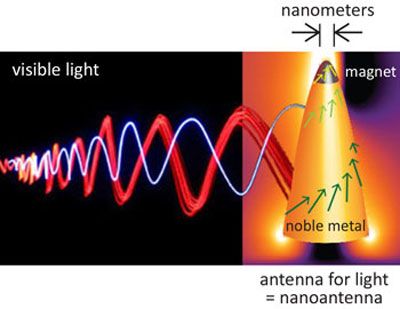
Madrid, Spain (Scicasts) — A novel way to count white blood cells without a blood test, simply by applying a small device on the fingertip, is being developed by a team of young bioengineers.
The technology, that combines an optical sensor with algorithms, has already three prototypes on the go and is specially designed to be used on chemotherapy patients, who could know their immune system levels in real time. It could also serve to detect serious infections.
A group of young bioengineers from various countries, including Spaniard Carlos Castro, is developing a portable device capable of counting white blood cells in real time, without requiring a blood test. The system includes an innovative optics sensor through the skin that can observe white cells as they flow past a miniature lens. This new device could be applied to improve the treatment of patients who are left immunosuppressed after chemotherapy treatments and to prevent sepsis.
Read more


















